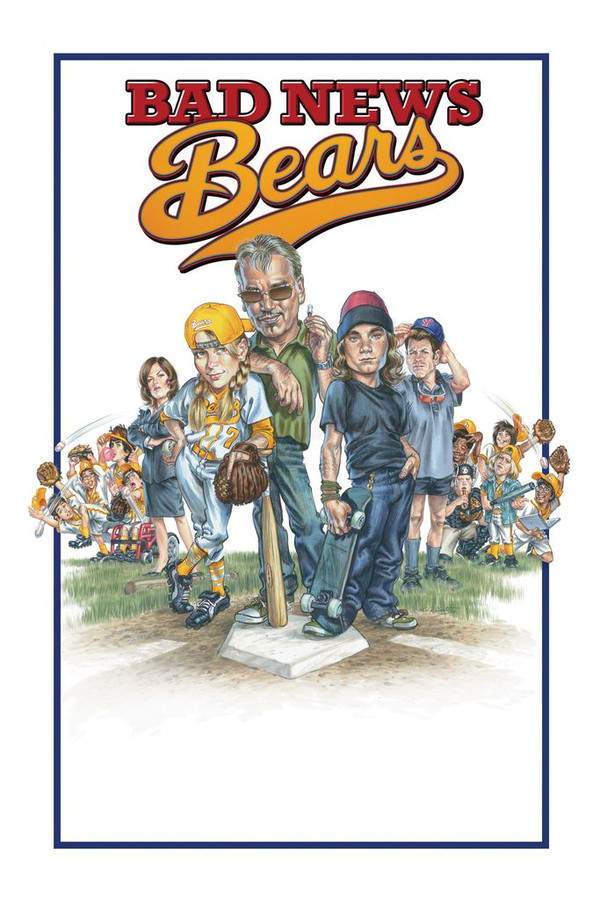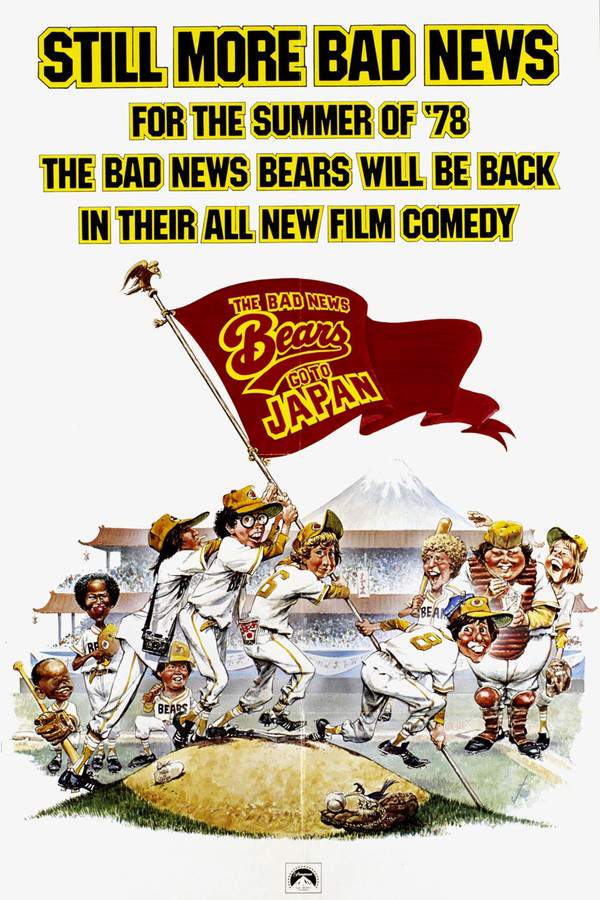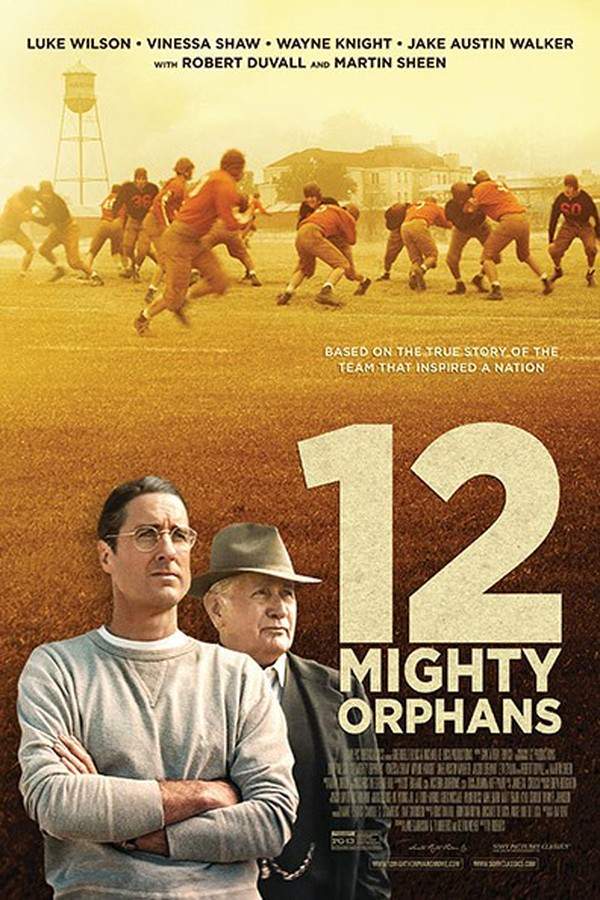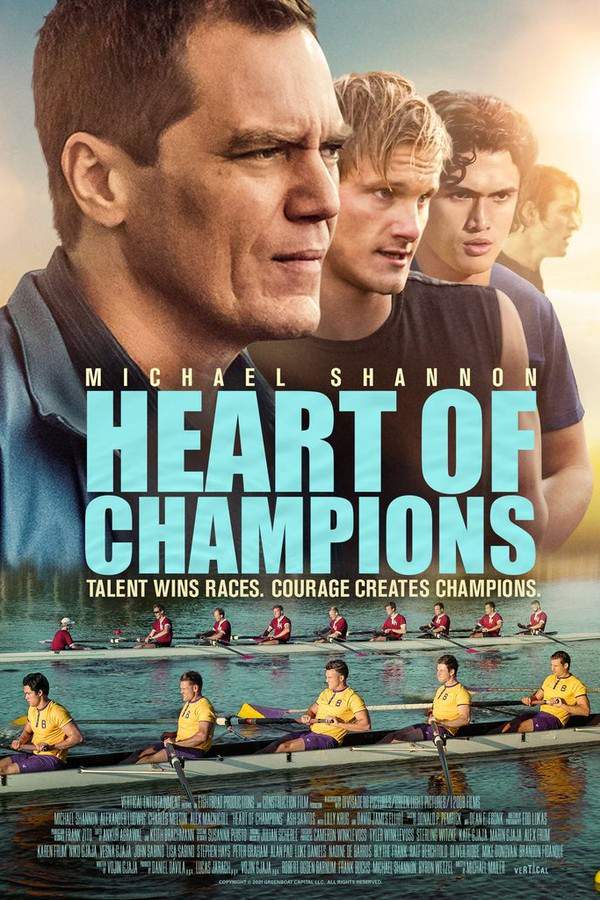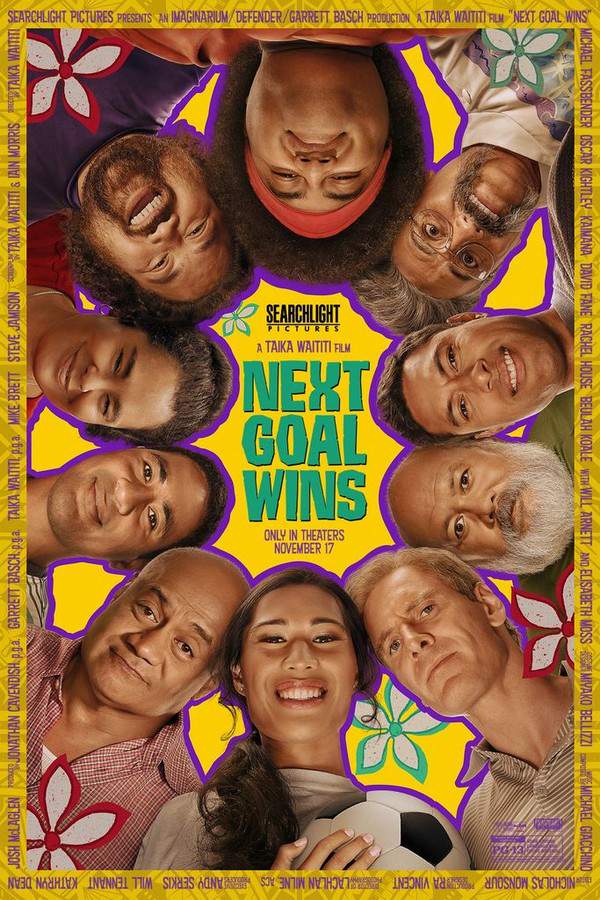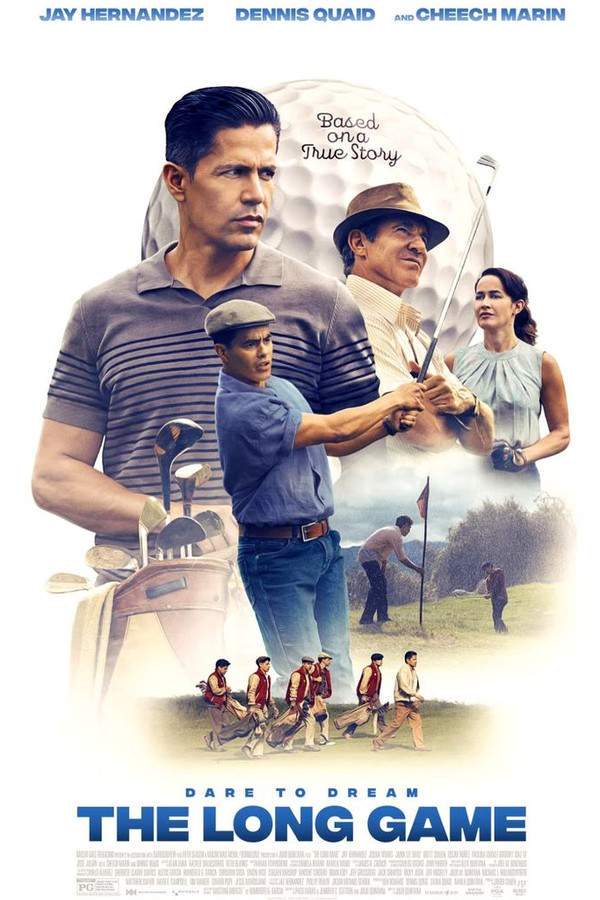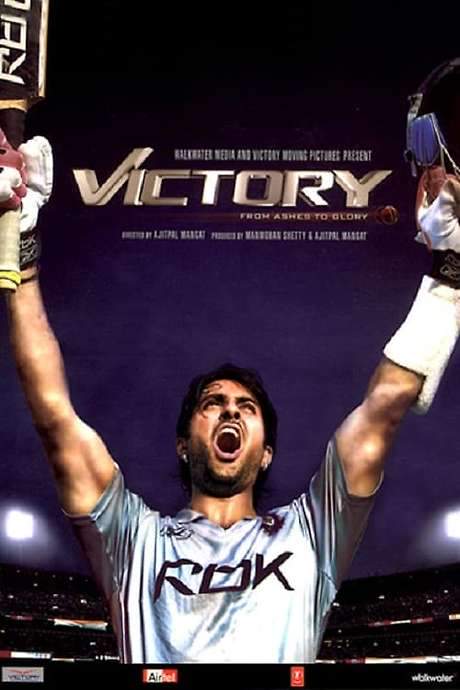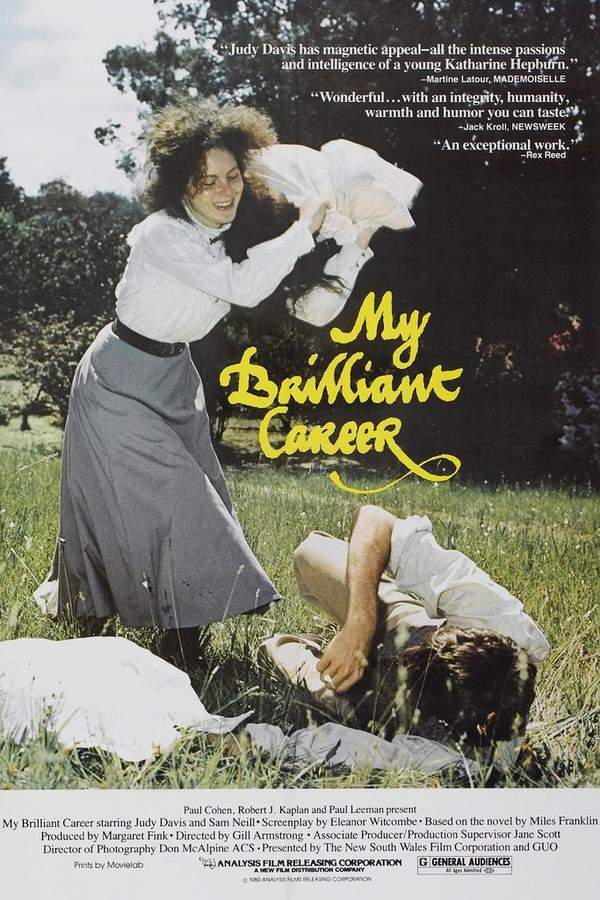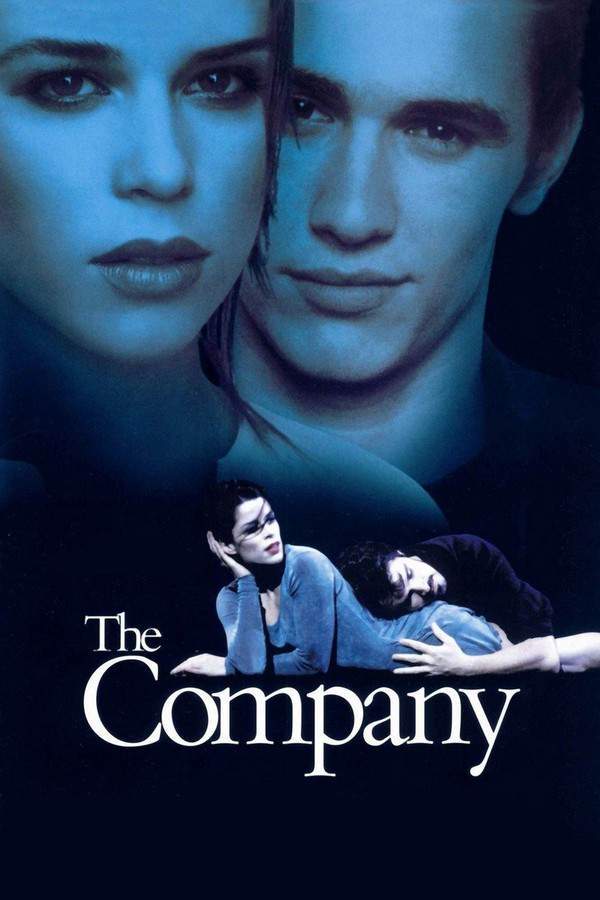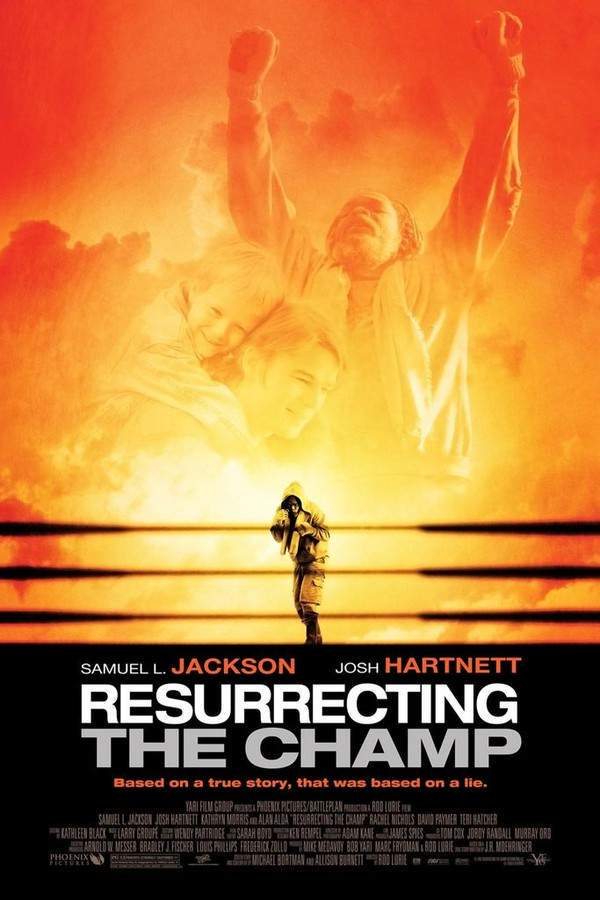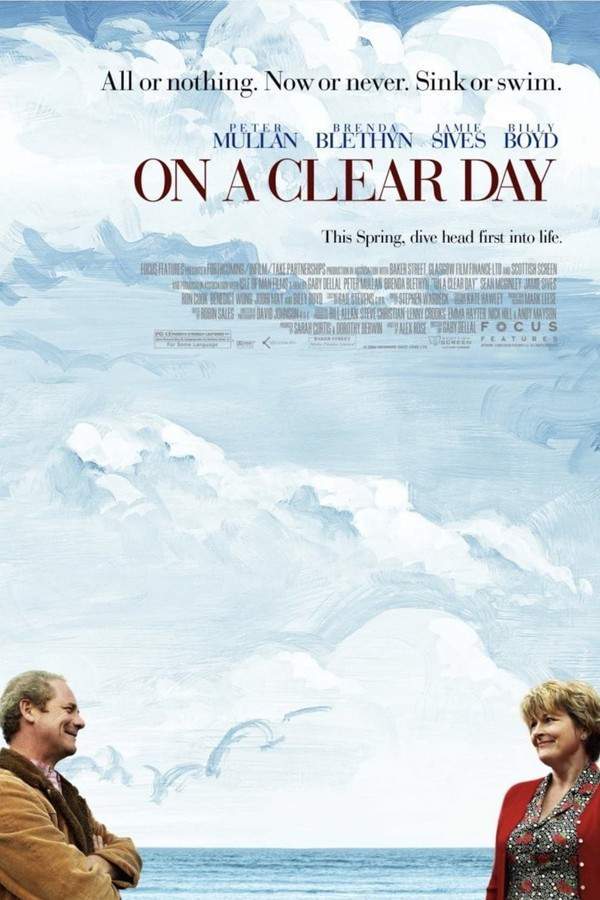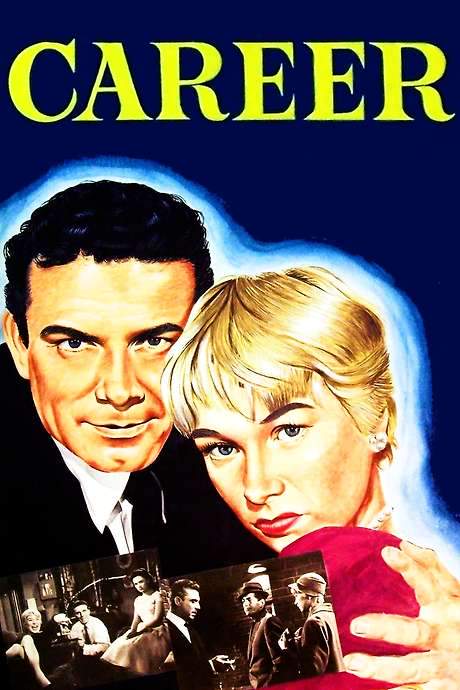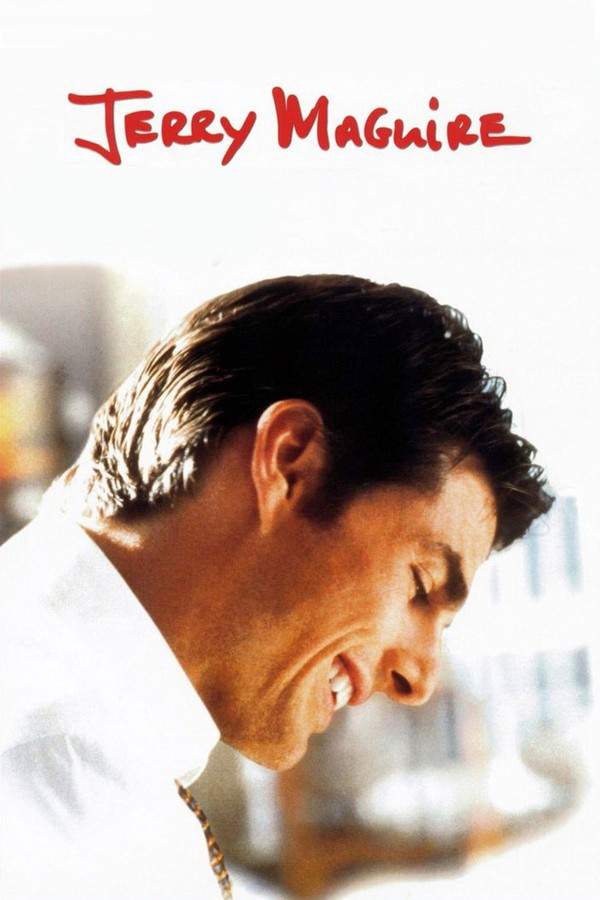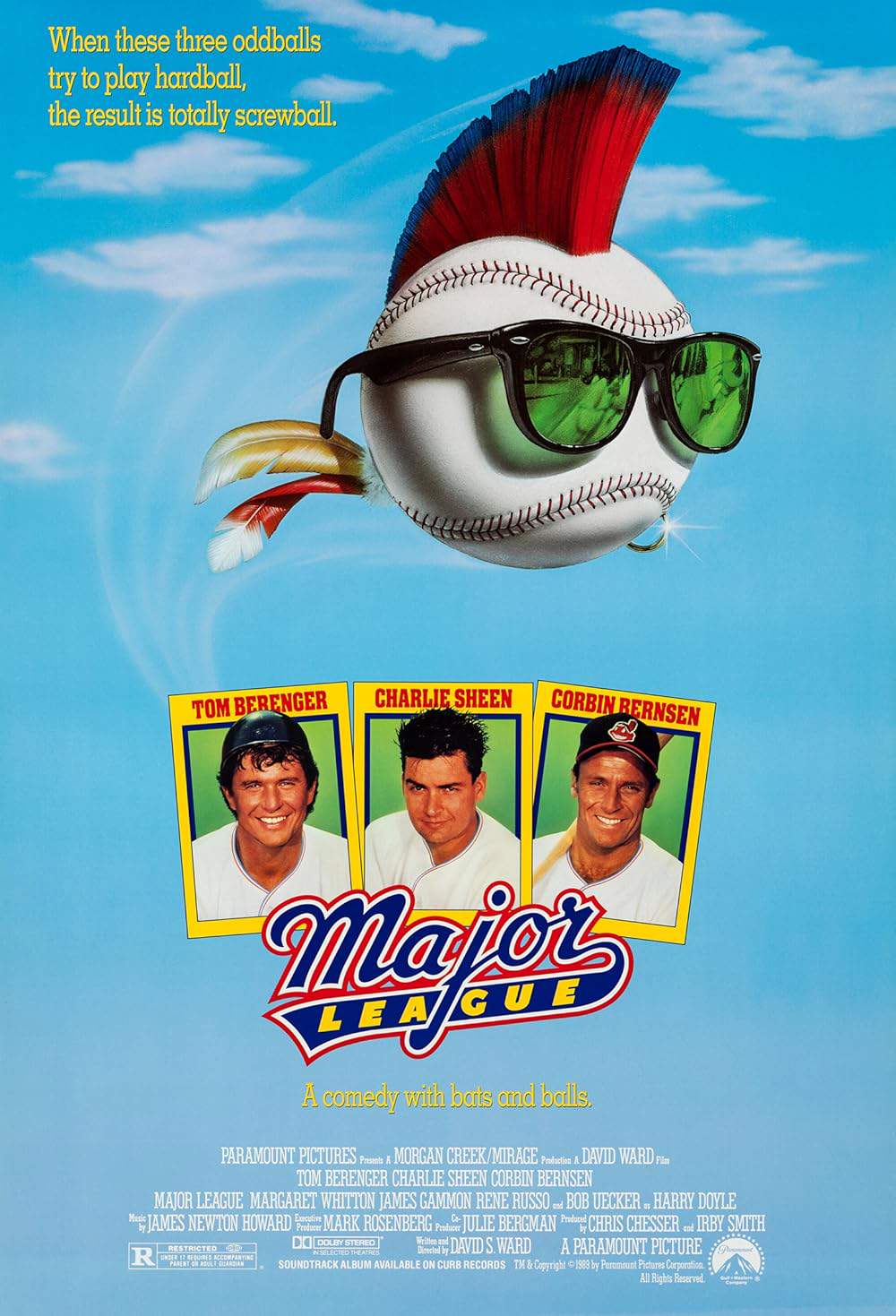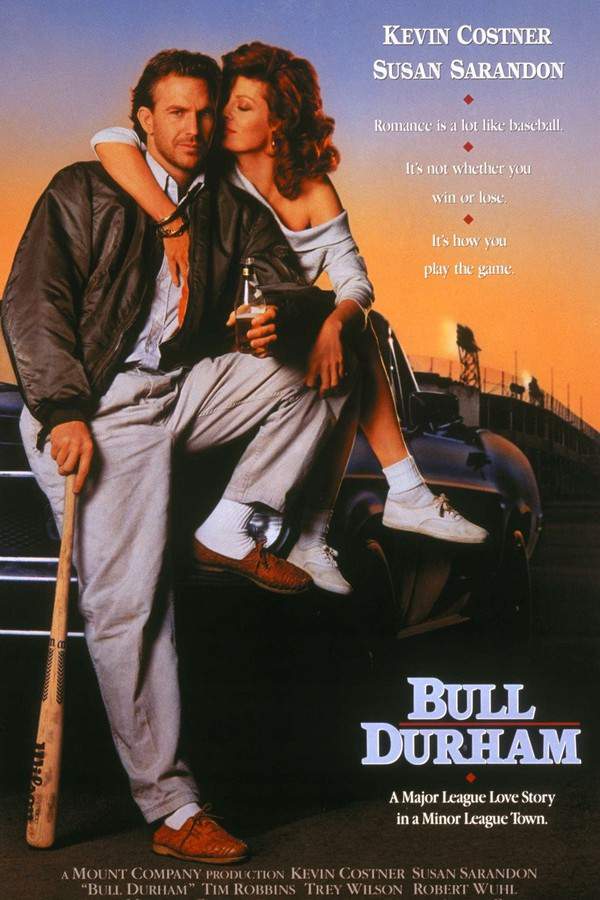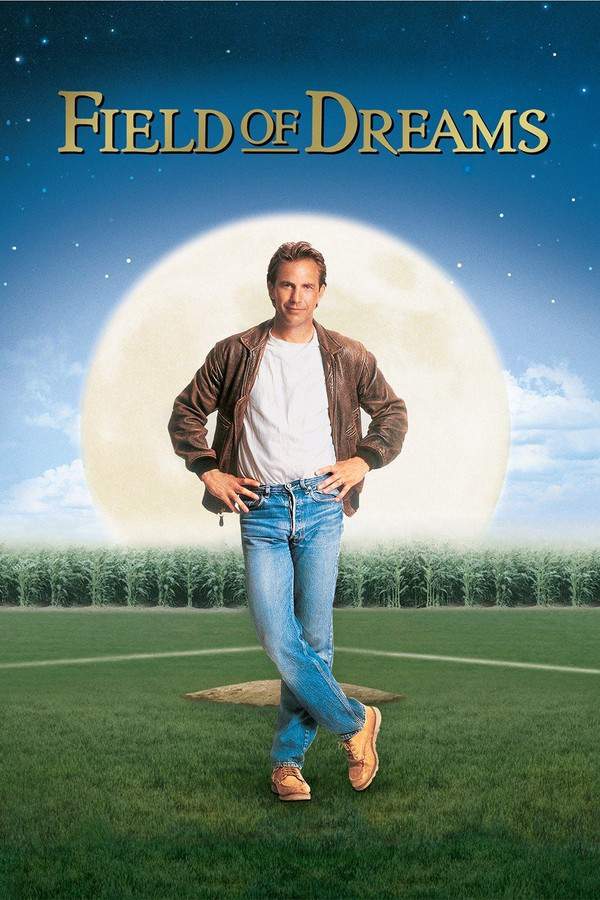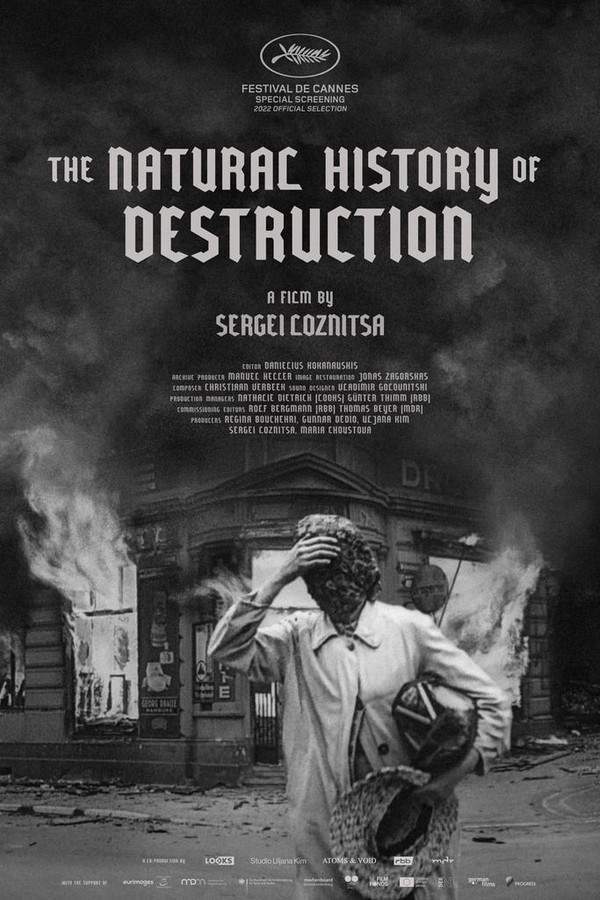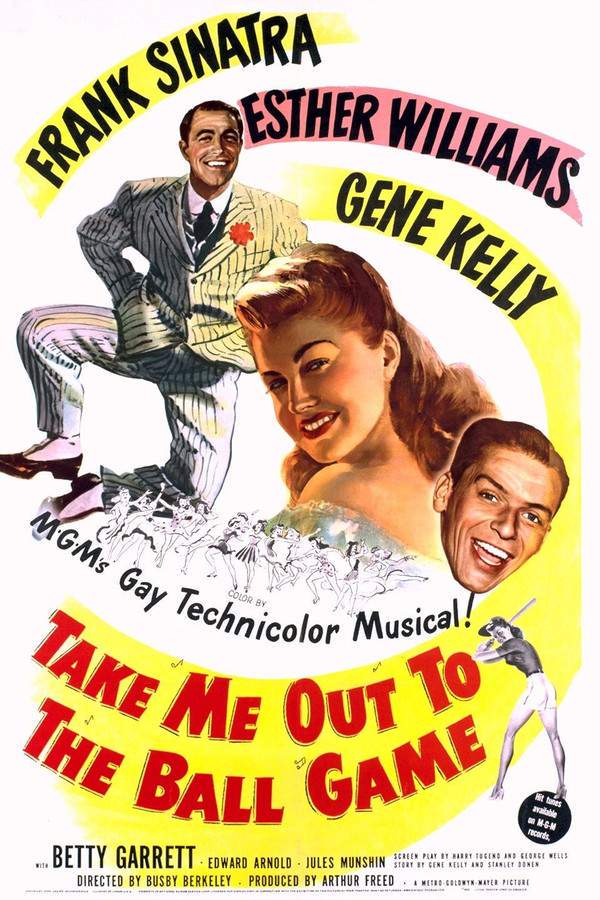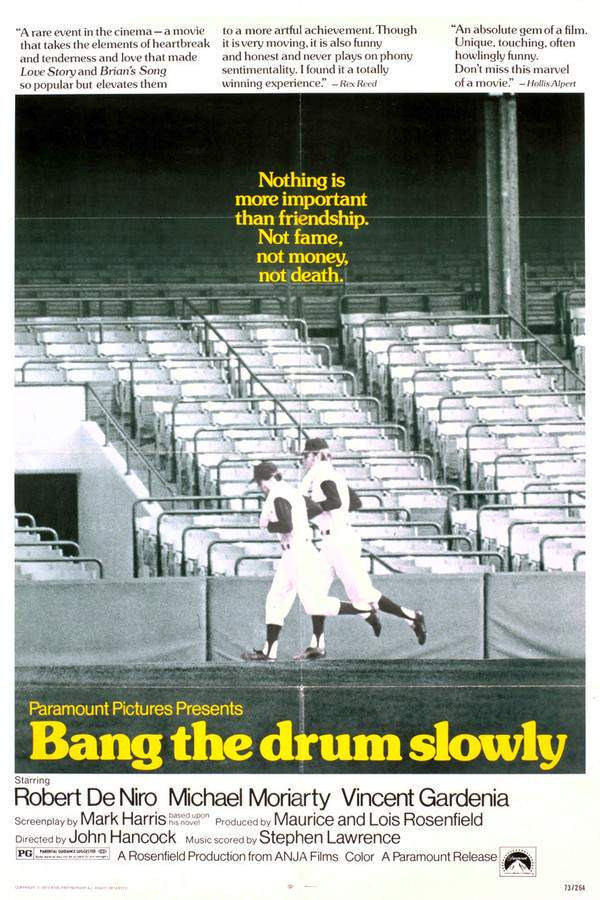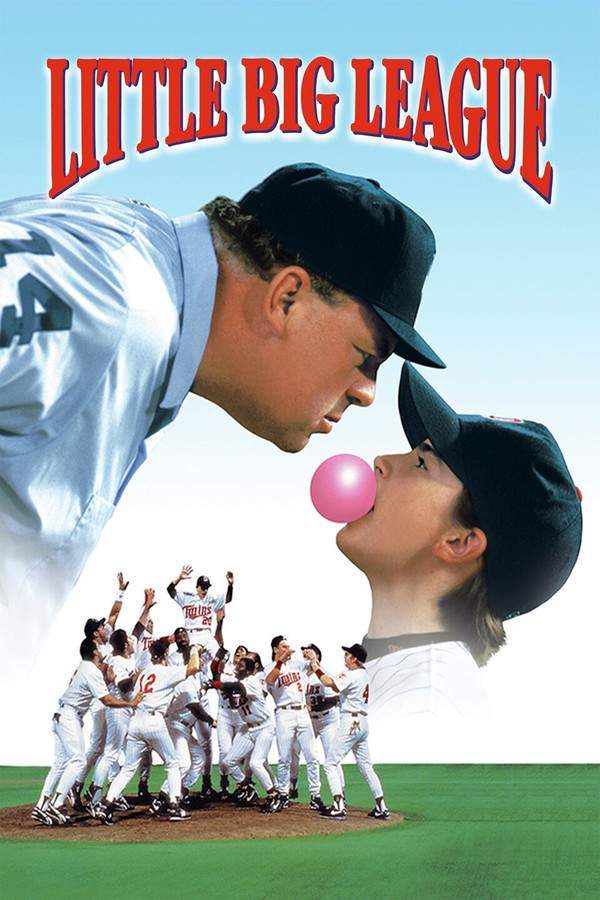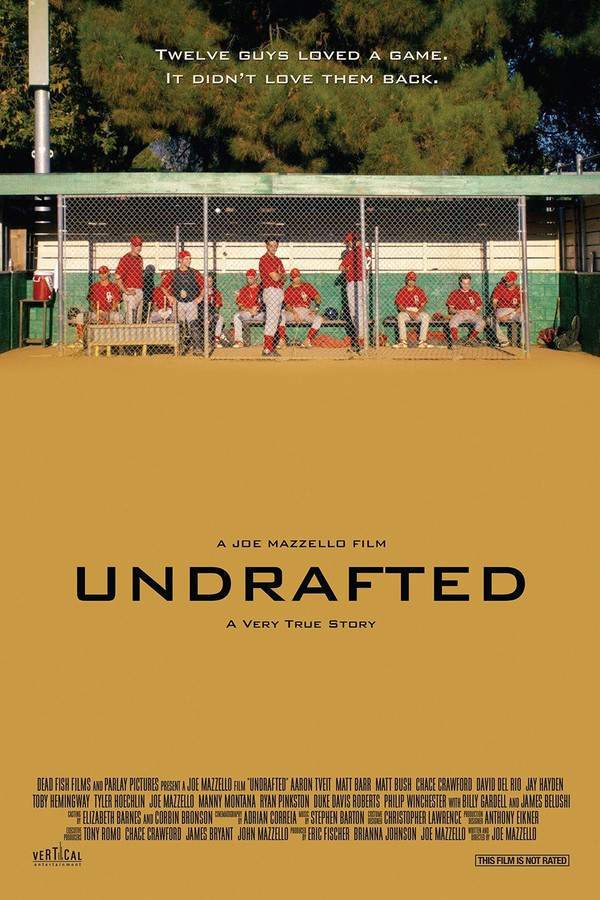
Moneyball
Year: 2011
Runtime: 133 min
Language: English
Director: Bennett Miller
Budget: $50M
Facing payroll constraints, Oakland Athletics general manager Billy Beane seeks a competitive edge by employing an unconventional data-driven approach to player recruitment. Partnering with Yale economics graduate Peter Brand, Beane challenges traditional scouting methods, identifying undervalued players and transforming the team's strategy. Their innovative methods spark controversy and resistance within the organization as they strive for success against wealthier franchises.
Warning: spoilers below!
Haven’t seen Moneyball yet? This summary contains major spoilers. Bookmark the page, watch the movie, and come back for the full breakdown. If you're ready, scroll on and relive the story!
Moneyball (2011) – Full Plot Summary & Ending Explained
Read the complete plot breakdown of Moneyball (2011), including all key story events, major twists, and the ending explained in detail. Discover what really happened—and what it all means.
Oakland Athletics general manager Billy Beane is left frustrated after his team’s defeat to the New York Yankees in the 2001 postseason. With the impending loss of star players like Johnny Damon, Jason Giambi, and Jason Isringhausen to free agency, Beane is determined to formulate a strategy to build a competitive team for the 2002 season. However, he finds himself grappling with the limitations imposed by Oakland’s meager player payroll.
During a visit to the Cleveland Indians, Beane crosses paths with Peter Brand, a young Yale economics graduate whose unconventional ideas about evaluating players pique Beane’s interest. Curious, Beane challenges Brand by asking if he would have drafted him straight out of high school, reflecting on his own disappointing career as a Major League player. After some persuasion, Brand incredulously reveals that he wouldn’t have selected Beane until the ninth round, suggesting that Beane might have been better off accepting a scholarship to Stanford. Sensing an opportunity for change, Beane brings Brand on board as the Athletics’ assistant general manager.
The hiring of Brand is met with skepticism and hostility from the team’s scouts, particularly from Grady Fuson, who finds himself at odds with their new direction. Ultimately, Beane fires Fuson after he makes disparaging remarks about the approach and subsequently airs his grievances on the radio, questioning the team’s future. Embracing Brand’s methodology, which focuses on players’ on-base percentage (OBP) rather than conventional scouting, Beane seeks undervalued talents that typical scouts would overlook.
Despite facing intense resistance from the scouting department, Beane backs Brand’s strategy and signs players based solely on their OBP, including unconventional choices like submarine pitcher Chad Bradford and a veteran first baseman who had been discarded by the New York Mets. However, the team’s manager, Art Howe, played by Philip Seymour Hoffman, remains indifferent to this innovative direction and opts for his traditional gameplay, further complicating matters.
To force Howe’s hand, Beane trades away traditional first baseman Carlos Peña, making it clear that he wants to implement the new approach. Alongside Brand, Beane has candid discussions with the players, emphasizing how their choices on the field directly influence their OBPs and, ultimately, game outcomes. David, another player, steps up as a mentor, guiding younger teammates through their challenges.
As the season kicks off, the Athletics struggle, prompting skepticism from critics who claim that their new methodology is a dismal failure. Nevertheless, Beane persuades the owner to persist with their plan, and soon after, the team’s performance dramatically improves. They go on to set a remarkable American League record with 20 consecutive wins, culminating in a thrilling victory over the Kansas City Royals.
Despite the mounting superstitions, Beane’s daughter encourages him to attend the final game of the streak. When he arrives, the A’s find themselves tumbling from a commanding 11-0 lead to a tie of 11-11, but ultimately, they triumph with a walk-off home run from one of Brand’s acquisitions, Scott Hatteberg.
Yet, disappointment lingers as the Athletics fall in the first round of the postseason to the Minnesota Twins, despite Miguel Tejada achieving the 2002 American League MVP and Barry Zito earning the Cy Young Award later that year. Although Beane feels let down, he takes pride in successfully showcasing the validity of his and Brand’s innovative approach.
In a pivotal moment, Beane receives an enticing offer from the Boston Red Sox, who recognize the potential of the saber-metric model and seek him as their general manager, offering an incredible $12.5 million salary, which would make him the highest-paid general manager in sports. Despite the lucrative opportunity, Beane decides to remain in Oakland, continuing to manage the Athletics. The film concludes by noting that two years after the implementation of the saber-metric model, the Boston Red Sox captured their first World Series title since 1918.
Last Updated: November 16, 2024 at 14:11
Explore Movie Threads
Discover curated groups of movies connected by mood, themes, and story style. Browse collections built around emotion, atmosphere, and narrative focus to easily find films that match what you feel like watching right now.
Innovative underdog stories like Moneyball
Rebels use unconventional methods to challenge a powerful, established system.If you enjoyed the smart, data-driven narrative of Moneyball, you'll like these movies about rebels challenging the status quo. Discover similar stories of unconventional strategies, systemic change, and intellectual battles against larger, more powerful establishments.
Narrative Summary
These stories follow a protagonist or team who lacks traditional advantages. Their journey involves developing and implementing a novel, often data-centric, strategy that challenges the 'old way' of doing things. The central conflict is less about physical action and more about persuasive arguments, mounting evidence, and overcoming institutional skepticism, leading to a validation of the idea that changes the game.
Why These Movies?
They are grouped by their shared focus on intellectual rebellion, the tension of challenging traditions, and a hopeful but realistically bittersweet tone. The pacing is typically steady, building through logical progression and professional/social friction rather than high-speed action.
Methodical process dramas similar to Moneyball
Stories where meticulous work and personal conviction lead to professional impact.For viewers who liked the detailed, work-focused narrative of Moneyball, this list features movies about professionals proving their methods. Find films with a steady pace, medium emotional weight, and a focus on the tension and reward of a meticulous professional journey.
Narrative Summary
This thread captures character-driven stories where the plot is the work itself. The narrative unfolds by showing the step-by-step application of a craft, strategy, or theory. Conflict arises from colleagues, superiors, or the market doubting the approach. The payoff is not just external success but the profound personal and professional validation for the protagonist.
Why These Movies?
They share a steady, methodical pacing that mirrors real-world work. The intensity is medium, derived from professional stakes and interpersonal friction. The tone is grounded and hopeful, focusing on the dignity and impact of skilled, dedicated work, often concluding with a complex, realistic outcome.
Unlock the Full Story of Moneyball
Don't stop at just watching — explore Moneyball in full detail. From the complete plot summary and scene-by-scene timeline to character breakdowns, thematic analysis, and a deep dive into the ending — every page helps you truly understand what Moneyball is all about. Plus, discover what's next after the movie.
Moneyball Timeline
Track the full timeline of Moneyball with every major event arranged chronologically. Perfect for decoding non-linear storytelling, flashbacks, or parallel narratives with a clear scene-by-scene breakdown.

Characters, Settings & Themes in Moneyball
Discover the characters, locations, and core themes that shape Moneyball. Get insights into symbolic elements, setting significance, and deeper narrative meaning — ideal for thematic analysis and movie breakdowns.

Moneyball Spoiler-Free Summary
Get a quick, spoiler-free overview of Moneyball that covers the main plot points and key details without revealing any major twists or spoilers. Perfect for those who want to know what to expect before diving in.

More About Moneyball
Visit What's After the Movie to explore more about Moneyball: box office results, cast and crew info, production details, post-credit scenes, and external links — all in one place for movie fans and researchers.

Similar Movies to Moneyball
Discover movies like Moneyball that share similar genres, themes, and storytelling elements. Whether you’re drawn to the atmosphere, character arcs, or plot structure, these curated recommendations will help you explore more films you’ll love.
Explore More About Movie Moneyball
Moneyball (2011) Scene-by-Scene Movie Timeline
Moneyball (2011) Movie Characters, Themes & Settings
Moneyball (2011) Spoiler-Free Summary & Key Flow
Movies Like Moneyball – Similar Titles You’ll Enjoy
Jerry Maguire (1996) Full Movie Breakdown
Major League (1989) Complete Plot Breakdown
Fever Pitch (2005) Ending Explained & Film Insights
Bull Durham (1988) Story Summary & Characters
The Color of Money (1986) Full Summary & Key Details
Screwball (2019) Full Movie Breakdown
Million Dollar Arm (2014) Spoiler-Packed Plot Recap
Field of Dreams (1989) Plot Summary & Ending Explained
The Natural (1984) Movie Recap & Themes
Take Me Out to the Ball Game (1949) Full Movie Breakdown
Bang the Drum Slowly (1973) Full Movie Breakdown
Little Big League (1994) Full Movie Breakdown
Undrafted (2016) Film Overview & Timeline
Talent for the Game (1991) Complete Plot Breakdown
Extra Innings (2020) Full Summary & Key Details

